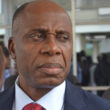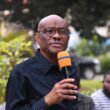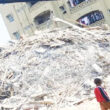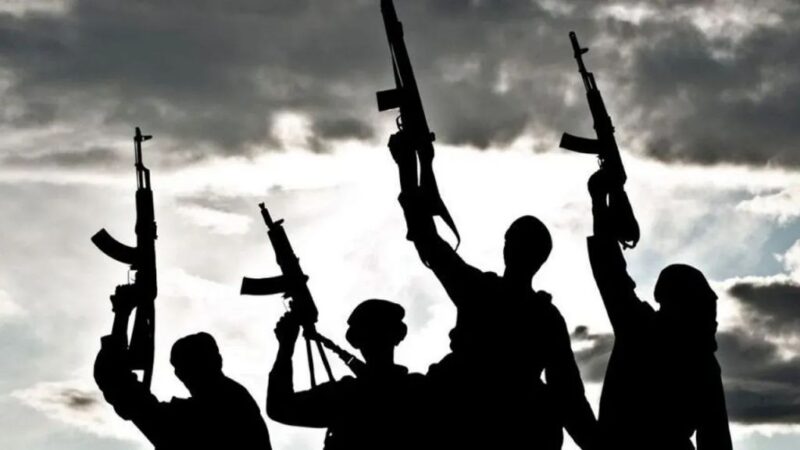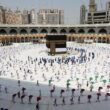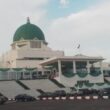The week has seen a troubling rise in deadly attacks across several local government areas in Plateau State, with at least 41 people reported killed and many more injured. Multiple villages were targeted by gunmen in a string of violent assaults that left homes burned, families displaced, and communities gripped by fear.
The attacks, which occurred in areas like Bassa, Riyom, Bokkos, and Mangu, have brought more attention to the ongoing unrest tied to tensions between herders and farmers. Witnesses said the attacks usually happened at night or as ambushes, giving little warning to residents. Men, women, and children were all among the victims.
In Mangu Local Government Area alone, 20 people lost their lives in two separate attacks on Tuesday. In Bauda community, part of Langai District, gunmen stormed the village in the early hours of the morning, killing seven and injuring others. Sixty-one houses, including a church, were burnt to the ground.
Later that day, Chinchim village in Mangu District came under attack around 8 pm. At least eight people were killed. Mangu LGA Chairman, Emmanuel Bala, confirmed both attacks and stated that “people were in their houses when they were attacked and mostly knives were used.”
He also noted that the previous day, seven people were killed in Bwai District. They were buried in a mass grave. Another attack in Gindiri, Langai town, reportedly left five people dead and homes destroyed.
Abubakar Garba, secretary of the Gan Allah Fulani Development Association of Nigeria (GAFDAN), denied claims that Fulani herders were behind the attacks. “Honestly, we are unaware of any attack but we condemn any act of criminality,” he said, urging security agencies to investigate the true culprits.
On June 9, gunmen raided Gyenbwas community in Langai District, killing three and burning down 96 houses, including the local Jama’atu Nasril Islam building. Locals claim the attackers stole food, cattle, and household items. The traditional ruler, Alhaji Yakubu Umar, confirmed the incident. While some residents blamed the Berom ethnic group, the group has denied involvement.
Other related attacks in Bassa and Riyom LGAs during the week also left several dead, including farmers and herders. Youth group leaders in the Mwaghavul community reported ambushes that resulted in more injuries and deaths.
Despite the widespread violence, Plateau State officials and security forces have remained silent. Repeated attempts to reach the state government, police, and Operation Safe Haven (OPSH) have been unsuccessful.
Security experts in the region are urging for stronger collaboration between communities and authorities. Retired police officer Bulus Ajiji noted that local cooperation is essential. “If the public will realise that security is the responsibility of everyone, we will overcome the problem,” he said.
Peace studies lecturer Joel Baba Alfa believes the state must change its strategy. He recommended targeting the hideouts of attackers instead of waiting for them to strike again. He also called for the formation of local peace forces that include people from both sides of the conflict.
Mr Joel further said communities should swear peace oaths on their sacred texts to encourage accountability. He added that better communication from authorities about attacks on both farms and livestock could reduce suspicion and tension.


